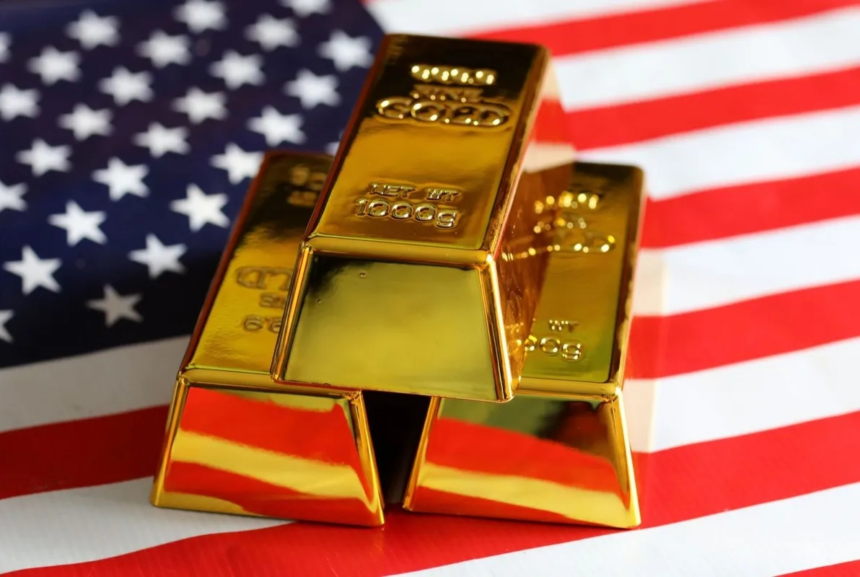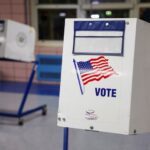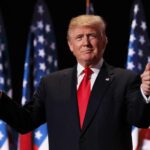Gold prices fell slightly in Asian trade on Wednesday, pressured by a spike in the dollar and Treasury yields as early voting showed Donald Trump ahead of Kamala Harris in the 2024 presidential election.
The yellow metal still remained close to recent record highs, as the election remained too close to call. But Trump was seen pulling ahead in several key battleground states, winning North Carolina.
Spot gold fell 0.2% to $2,737.27 an ounce, while gold futures expiring in December fell 0.1% to $2,746.10 an ounce by 23:34 ET (04:34 GMT).
Dollar, yields surge as Trump pulls ahead in early voting
Gold prices were pressured by a stronger dollar and yields, as the greenback raced to a near four-month high.
Gains in the dollar came as early vote counting showed Trump in the lead with 230 electoral votes, while Harris stood at 192 votes.
The Associated Press also declared that Trump had won North Carolina, a key battleground state, and was leading in other swing states, including Arizona, Pennsylvania, Wisconsin and Michigan.
Trump is widely expected to enact more inflationary policies, given his stances on protectionist trade and immigration. Such a scenario is expected to keep interest rates relatively higher in the long-term.
Still, with counting far from over in the six other battleground states, the outcome of the election still remained uncertain.
Focus this week was also on a Federal Reserve meeting, where the central bank is widely expected to cut interest rates by 25 basis points.
Other precious metals were broadly negative on Wednesday, with platinum futures down 1.2% to $995.65 an ounce, while silver futures fell 1.1% to $32.430 an ounce.
Copper slides as Trump odds spur China jitters
Among industrial metals, copper prices fell sharply as the prospect of a Trump victory presented more economic pressure on China, the world’s biggest copper importer.
Benchmark copper futures on the London Metal Exchange fell 1.8% to $9,558.50 a ton, while December copper futures fell 2.3% to $4.3585 a pound.
Trump has vowed to impose steep trade tariffs on China, heralding more economic pressure on the country as it grapples with persistent deflation and a prolonged property market downturn.
Focus this week is also on a meeting of China’s National People’s Congress, which is expected to yield more cues on Beijing’s plans for fiscal stimulus.




